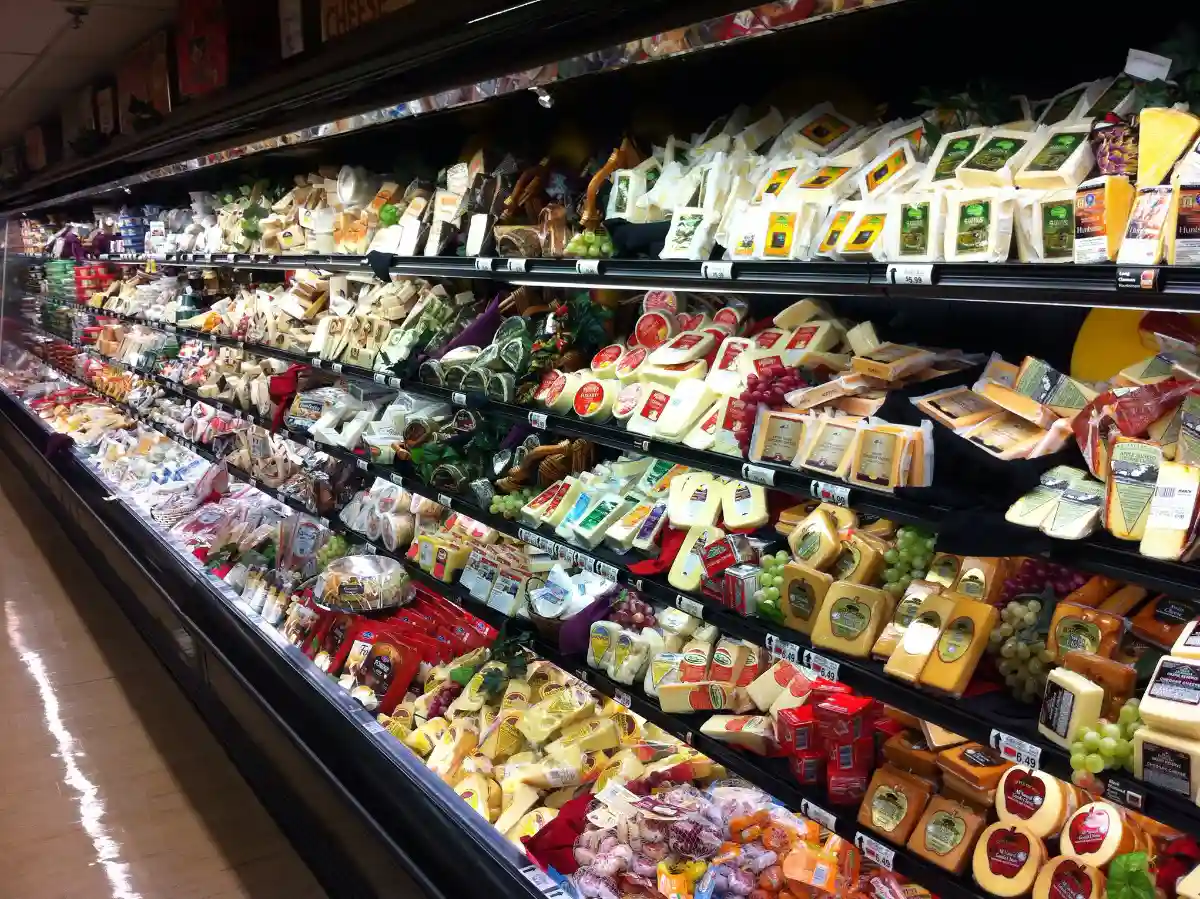Celiac.com 12/20/2024 - Living with celiac disease means more than just avoiding gluten; it involves a lifelong commitment to a strict diet that ensures every ingredient and meal is free from even trace amounts of gluten. However, the financial burden of maintaining a gluten-free lifestyle is significant. To help mitigate this, a new federal petition is circulating, advocating for a $1,000 refundable tax credit for Canadians with celiac disease. This proposed measure addresses the rising costs of gluten-free products and recognizes the medical necessity of a gluten-free diet for those affected.
The Financial Reality of Living Gluten-Free
The cost of gluten-free food can be 150-500% higher than similar gluten-containing products, creating a hefty financial burden for those with celiac disease. Betsy Hiebert, a Winnipeg-based bakery owner with celiac disease, describes how her family’s gluten-free bread costs about $11 per loaf, compared to the $6.99 spent on her husband’s gluten-containing bread. For her business, gluten-free oats are twice as expensive as regular oats due to the extensive steps needed to prevent cross-contamination with gluten. These costs reflect the need for specialized production facilities and stringent testing protocols that ensure gluten-free products are safe for individuals with celiac disease.
The Hidden Costs of Cross-Contamination Prevention
Celiac.com Sponsor (A12):
Hiebert highlights the scarcity of gluten-free ingredients on the Canadian Prairies, despite the abundance of crops like oats. In traditional facilities, oats often come into contact with wheat, barley, or rye, making them unsafe for people with celiac disease. To provide gluten-free options, food producers must rely on gluten-free-dedicated facilities, which adds to the price. The limited availability of such facilities in Canada further inflates the cost of gluten-free foods.
This extra expense is necessary, as even trace amounts of gluten can lead to severe symptoms for those with celiac disease. Christa Dubesky, president of the Canadian Celiac Association (CCA) Manitoba Chapter, points out that gluten consumption can trigger over 300 different symptoms in individuals with celiac disease, from digestive discomfort to more systemic effects like brain fog and joint pain. Ensuring food safety is not only a dietary choice but a necessity for maintaining health and avoiding serious complications.
Seeking Tax Relief: The Federal Petition for a Celiac Tax Credit
While the Canadian government currently offers a Medical Exemption Tax Credit for people with celiac disease, it’s complex and not easily accessible. Melanie Bauer, a CCA Manitoba Chapter member, describes the burdensome process of tracking gluten-free grocery receipts and calculating the price difference with regular gluten products. The tax credit only applies if the additional costs exceed three percent of the household income, making it difficult for many to qualify for the deduction. For individuals like Bauer, the benefits are often not worth the time-consuming paperwork and hassle.
To simplify this process and support those in need, a federal petition was launched in October 2024, calling for a straightforward $1,000 refundable tax credit. Within weeks, the petition received over 24,000 signatures, demonstrating significant public support. This tax credit would help alleviate the financial burden for Canadians with celiac disease, ensuring that they can afford the safe food they need without compromising their health.
Addressing Food Insecurity Among the Celiac Community
The Canadian celiac community faces additional food insecurity challenges. Bauer notes that the number of requests for gluten-free food hampers at Harvest Manitoba has more than doubled in the past three years. In addition to regular hampers, the organization now prepares a special batch of gluten-free hampers for Christmas, highlighting the increasing demand for accessible gluten-free food. Rising costs and limited options force many people with celiac disease to make difficult choices, sometimes prioritizing gluten-free food for children while risking their own health by eating gluten-containing products.
Dubesky emphasizes that the proposed tax credit could reduce these struggles. For families affected by celiac disease, this financial support would enable them to maintain a gluten-free diet without straining their resources. A tax credit would make it easier for people with celiac disease to adhere to their medically necessary diets, potentially preventing adverse health outcomes and reducing their need for medical interventions.
Long-Term Health and Economic Benefits of Supporting a Gluten-Free Diet
Providing tax relief for people with celiac disease not only improves individual well-being but can also reduce strain on the healthcare system. When people with celiac disease are able to maintain a strict gluten-free diet, they experience fewer symptoms and avoid the long-term complications associated with gluten exposure, such as nutritional deficiencies and increased risk for certain cancers. Hiebert argues that supporting people with celiac disease in maintaining a gluten-free diet reduces their need for doctor visits, ultimately saving healthcare costs.
This tax credit could make gluten-free food more accessible, enabling people with celiac disease to live healthier lives without the stress of constantly calculating their grocery bills. Additionally, it raises awareness of celiac disease as a medical condition, not a dietary choice or trend. Recognizing gluten-free food as a medical necessity supports people with celiac disease in leading active, fulfilling lives without the constant worry of hidden gluten in their meals.
Conclusion: A Step Toward Inclusivity and Health Equity
The petition for a $1,000 refundable tax credit is more than a call for financial support—it’s a step toward inclusivity and health equity for those with celiac disease. With the high cost of gluten-free food and the limitations of existing tax deductions, many Canadians with celiac disease are left to shoulder the financial burden of their dietary needs. This tax credit would alleviate that burden, making it easier for individuals to access the safe food they need to maintain their health and well-being.
For people like Hiebert and Bauer, as well as countless others affected by celiac disease, this measure would be transformative. It would not only make gluten-free living more sustainable but would also raise awareness about the real challenges faced by those with celiac disease. The petition is an important step in recognizing the importance of accessible, safe food for all and creating a more inclusive society that understands the unique needs of those with medical dietary restrictions.
Read more at: globalnews.ca









Recommended Comments
Create an account or sign in to comment
You need to be a member in order to leave a comment
Create an account
Sign up for a new account in our community. It's easy!
Register a new accountSign in
Already have an account? Sign in here.
Sign In Now